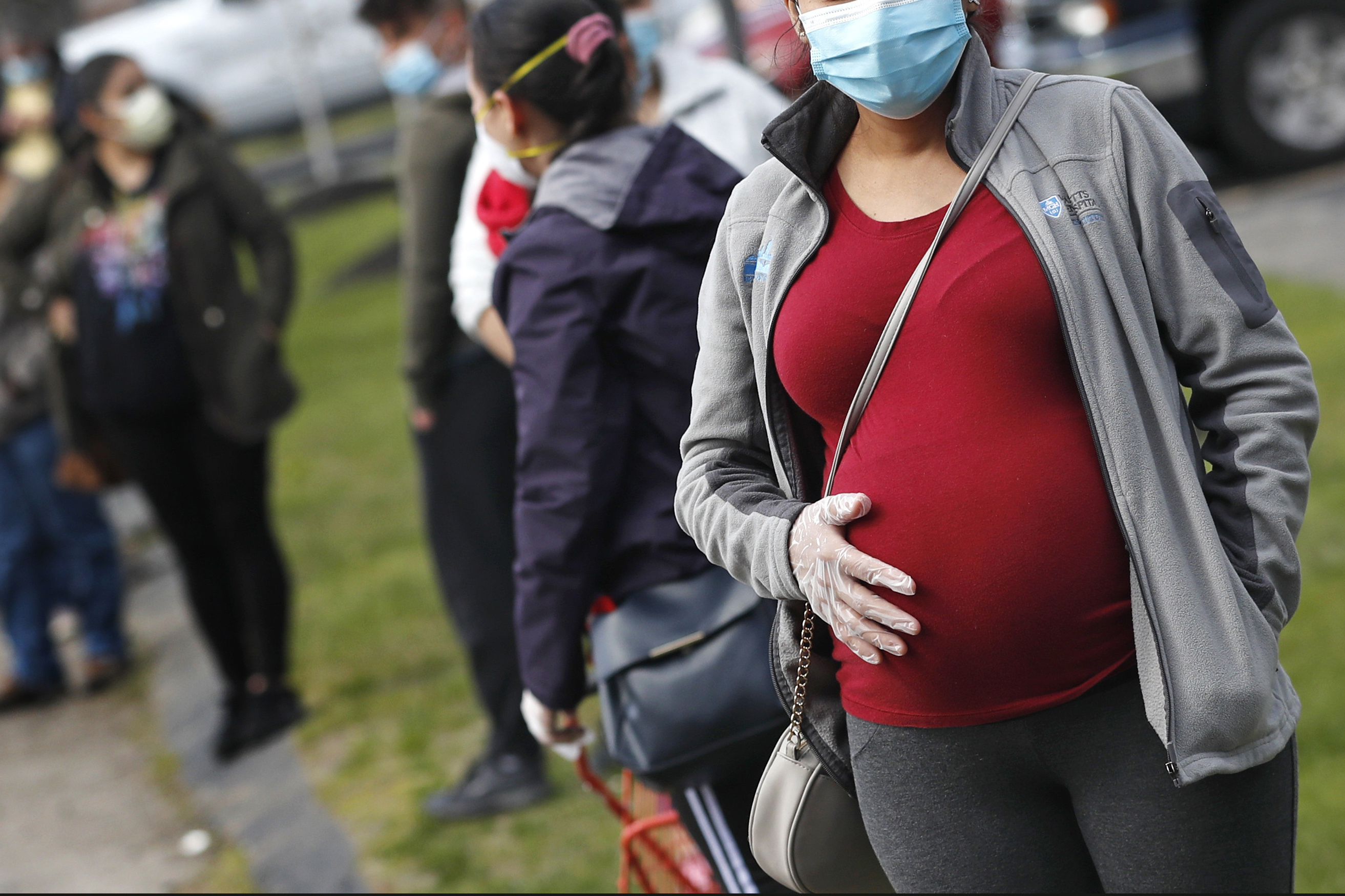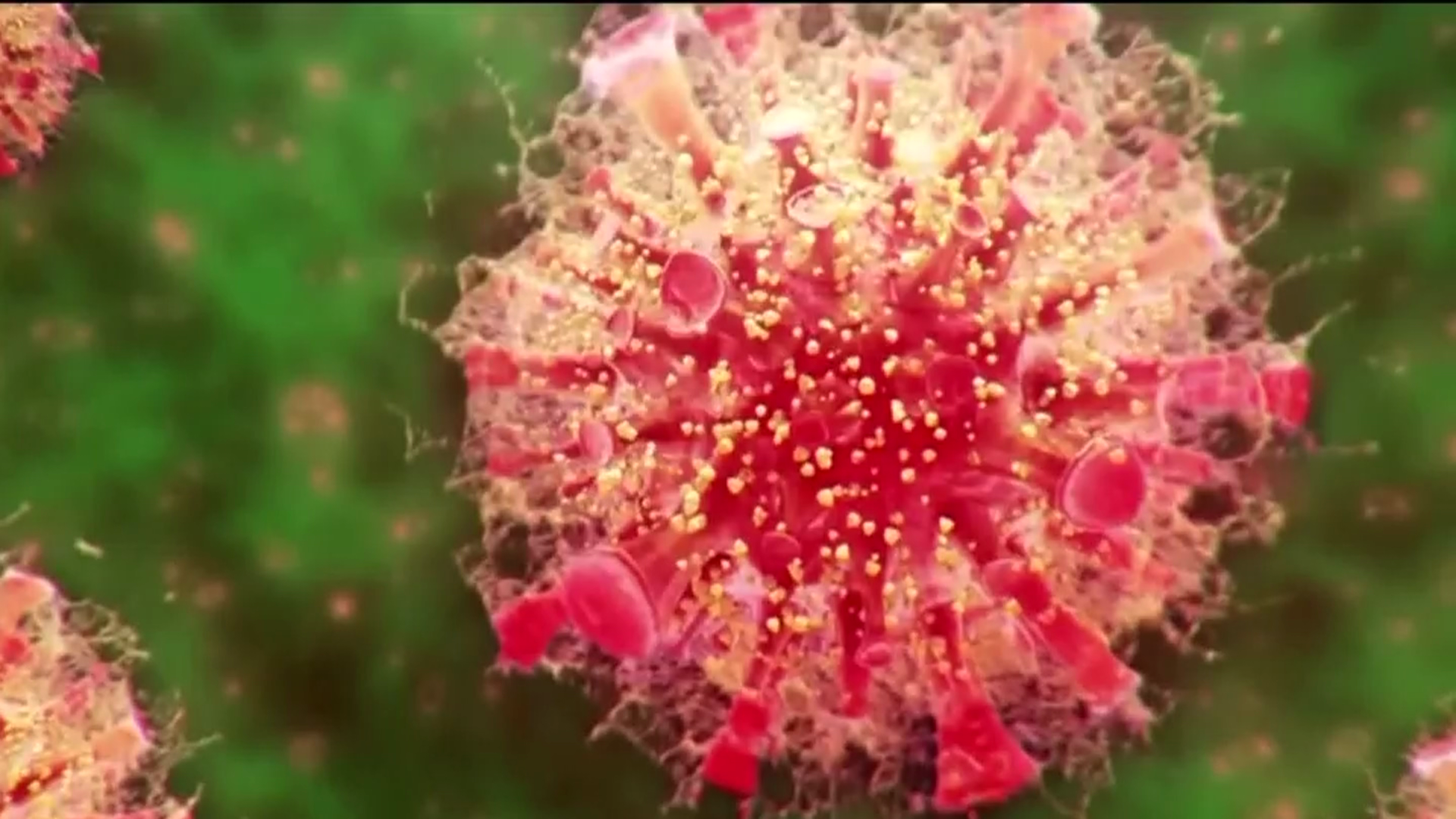
Members of the Massachusetts Public Health Council raised concerns with the spread of the COVID-19 delta variant Wednesday as they decided to delay a vote officially rescinding state mask regulations that are no longer in effect.
In early June, with Gov. Charlie Baker's mask mandate recently rescinded and with the end of the COVID-19 state of emergency approaching, the council voted to repeal, on an emergency basis, the regulations spelling out requirements around mask use in public places when social distancing could not be maintained.
The repeal took effect June 10, and a vote on administrative steps to finalize it was scheduled for Wednesday's meeting, but the council instead decided to table that vote until its next meeting in September.
Get Boston local news, weather forecasts, lifestyle and entertainment stories to your inbox. Sign up for NBC Boston’s newsletters.
Dr. Edward Bernstein, a Boston University School of Medicine professor, said he had reservations around rescinding the regulation, citing the presence of the delta variant both in Massachusetts and nationally and the U.S. Centers for Disease Control and Prevention's recommendations that people mask up in higher-transmission areas.
"I still have a real concern that we're not going far enough, and we're the mecca nationally for health care and health care policy," he said.
Bernstein said he wanted to be sure that the state would still have the power to mandate public masking in the future. Department of Public Health staff said the vote, whenever it is taken, will not affect that authority or the ability of individual communities to put their own local-level rules in place, as some towns like Belmont have already done.
On July 30, DPH officials advised that fully vaccinated people should wear masks in public settings if they are at higher risk of COVID-19 or live with someone who is, including an unvaccinated adult. Guidance the CDC issued three days earlier recommended masking in areas of "high" or "substantial" COVID-19 transmission, designations that apply to most of Massachusetts.
State epidemiologist Catherine Brown said, that while vaccinated individuals can carry the delta variant, "it remains really clear that if you look across the country, that where delta surges are the most significant are in places where vaccination rates are very low, and we continue to be so lucky in Massachusetts where our vaccination rates are very high."
She said the state's mask advisory "protects in places that are most vulnerable" by still requiring face coverings at health care facilities and congregate care sites, and while also allowing a "more nuanced application of masking requirements" based on local circumstances.
"I think we really like the ability to ... rather than like a hammer, to apply a tool in a more sort of surgical and nuanced way," Brown said.
As of Tuesday afternoon, 4,397,380 people in Massachusetts were fully vaccinated against COVID-19, according to DPH data.
Lissette Blondet, director of the Massachusetts Association of Community Health Workers, said that while vaccination rates are high in Massachusetts, visitors come from all over to areas like Cape Cod, where she lives. She said the state "needs to take a stronger leadership role regarding this."
Council member Alba Cruz-Davis said she feels strongly that the Public Health Council "should be sort of at the forefront of taking a stance" and said that during a recent trip to Florida, she and her husband were the only people she saw wearing masks.
John Cunningham, who suggested putting off the vote, said the delay would give the members a chance to see more of what path the virus takes.
"There's just no harm in waiting a month to do something that's just administrative, and at least it gives a signal of where we are as a group," he said.



